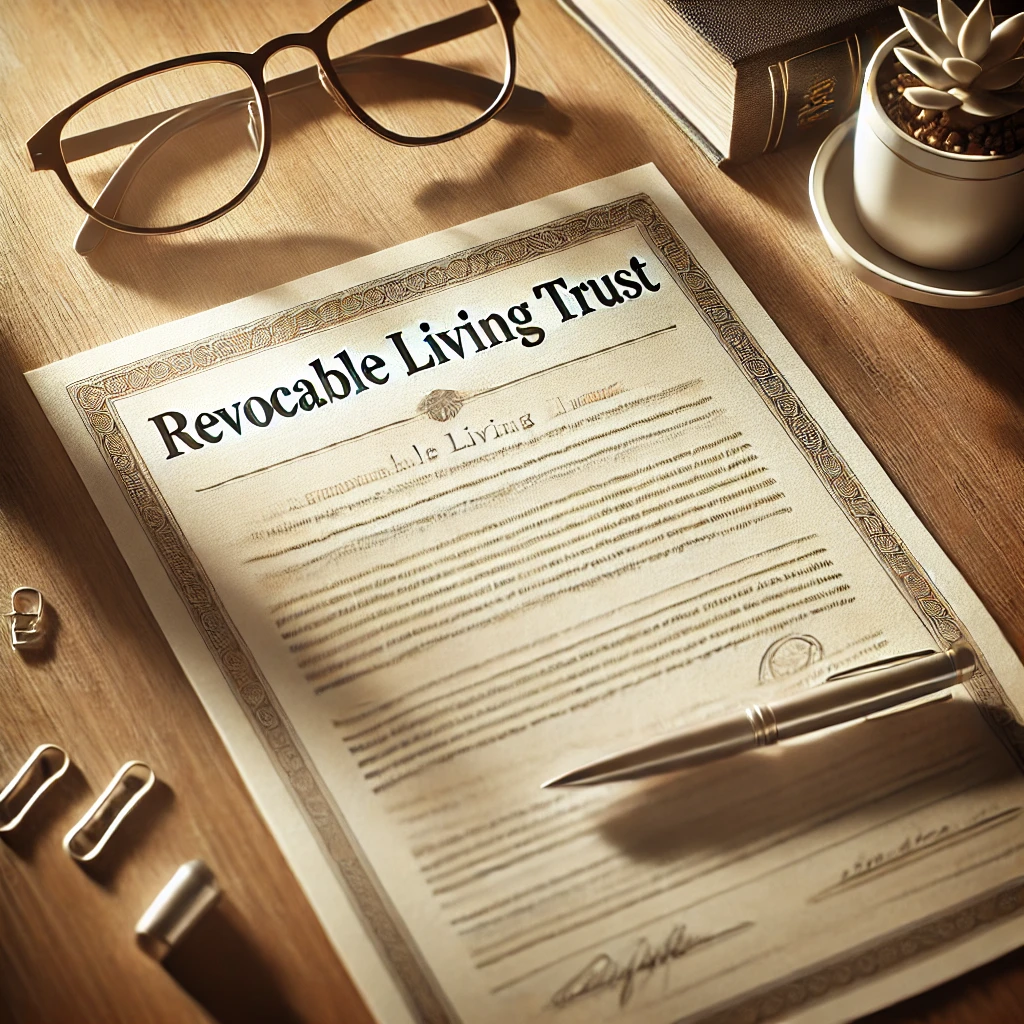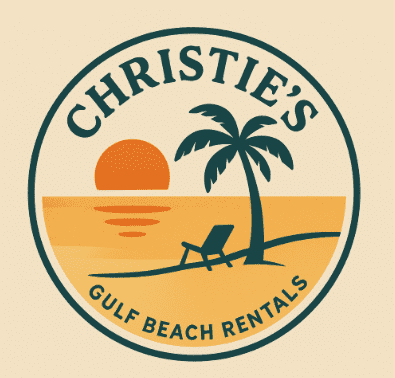Last updated on November 21st, 2024 at 12:06 am
You have considered paying off that investment property mortgage or you have/will pay cash for a new investment property. There is something real estate investors should know before making that decision. Protect your real estate investments because someone else wants what you have.
Yes, it’s called paranoia. Take a look at the news, and read articles on the internet. How about those interstate signs offering free legal help for those in an accident? Learn how to protect your real estate assets and net worth here.
According to the American Bar Association, there are 1,300,000 lawyers in the United States. Many of these lawyers earn a living representing anyone believing they are entitled to other people’s money. Some of these people are justified in wanting someone else’s property, some are not.
Regardless, if you have unprotected assets such as an investment rental property, they can be seized by court order. An investment property that has no lien is fair game for attorneys looking for deep pockets where they can take legal action for their clients.

Many lawsuits are filed on behalf of people who permit an attorney to take a large percentage of the award if they win. No lawyer wants to spend their own money seeking damages from someone without personal assets. The old saying, you can not get blood out of a turnip. If your assets are well protected, even with a judgment, attorneys and debt collectors will not spend time trying to get what is not available.
By now you should have learned about the protection of a limited liability company to reduce the risk of your assets being attached by a court judgment. Creating an LLC and transferring your rental properties into the LLC is just the first step in protecting your business assets. Part of the first step is to prevent the comingling of assets between your personally owned property and bank accounts and those of the LLC.
Key points about an LLC
Here are some key points to consider:
- Piercing the Corporate Veil: If you don’t maintain a clear separation between your personal and business finances, a court might “pierce the corporate veil” and hold you personally liable.
- Negligence and Intentional Wrongdoing: An LLC won’t protect you from personal liability for your own negligence or intentional misconduct.
- Guaranteeing Loans: If you guarantee a loan for your LLC, you’re personally liable for the debt.
To maximize protection, it’s essential:
- Maintain proper formalities: Follow the legal requirements for operating your LLC, such as holding regular meetings and keeping accurate records.
- Keep personal and business finances separate: Avoid commingling funds or using personal assets for business purposes.
- Consult with a legal professional: A lawyer can provide tailored advice based on your specific circumstances and help you structure your LLC for optimal protection.
By understanding these nuances and taking appropriate steps, you can significantly enhance your property protection with an LLC.
It’s possible to breach the LLC.
The next part of this is to be sure you never make decisions that would knowingly put anyone at risk. If an attorney can prove that you as an individual put a customer, client, or other at risk of personal harm, it’s possible to breach limited liability companies and go after your assets including your primary residence.
A method that few people seem to understand is how to take the second big step after forming an LLC. That is to be sure your assets are tied up with liens. An excellent way to protect a property you purchase is with a mortgage loan. You put 20% down on the property and borrowed 80%.
Property values vary and with only 20% equity before selling expenses to work with, most lawyers will pass on going after your property. The best they could hope to walk away with is perhaps 5-8% unless the property has rapidly appreciated. The mortgage helps protect your assets.
This is how the system works.
You form an LLC and transfer the property to the LLC with a quit claim deed. You rent the property to a tenant who gets hurt on the property. The tenant goes to an attorney and the lawyer looks into the case from a financial aspect. The attorney finds that your LLC is just breaking even, no large pile of cash around, and the investment property has a mortgage for 70% or more of the value.
The attorney is likely to tell the tenant that they can not take on the case without payment from the tenant who has no money. The case is likely to go away. Remember the attorney understands that you have liability insurance and that’s all they can gain access to if the real property is mortgaged to the hilt.
The attorney could pursue a case on a pro-bono basis if they were related to the tenant for example and obtain a judgment against your LLC. A judgment simply means that financial damages were awarded to the tenant to be paid by the LLC. The LLC can not afford to pay the judgment which becomes uncollectible.
Anyone can sue anyone for anything at any time.
From here you can take some steps including filing for bankruptcy protection. Your attorney can explain this part of the process should you get there. These are examples only and anything can happen. Remember, anyone can sue anyone for anything at any time. The best you can do is to protect your assets with common sense methods as we describe here.
You can see that having a mortgage is a great real estate asset protection mechanism but that does not mean you need to borrow money and incur mortgage payments to an unrelated third party. As part of your asset protection planning, I recommend that if you decide to pay cash for a property, you immediately create a mortgage lien on that property. Create an LLC in the state where the property is located. Transfer the property via quick claim deed into the LLC.

Create a revocable living trust.
Create a revocable living trust. Nominate the trustees including yourself. Create debt in the form of a mortgage note on the property held by the LLC.
A simple process if done correctly can deter people who want your assets to look for someone else to cheat. The mortgage should be created as a Note with all of the provisions of any standard mortgage you would obtain from a lender. I suggest you use the appraisal you obtained when you purchased the property.
Then create the mortgage for 90% of the value listed in the appraisal. Many cash buyers do not order an appraisal but I strongly recommend one be ordered to substantiate the original purchase price of the property. If possible order the appraisal under the name of the revocable living trust.
You want the transaction to be real meaning that the amount of the mortgage should not be an amount that is substantially greater than the actual market value of the property. If you paid $300,000 for the property and decide to create a mortgage note for $290,000 this would stand any test a judge would apply.
When the mortgage has been signed, be sure to file it with the county in the place where deeds are recorded. Obtain a stamped copy for your records. You can go even further by paying a mortgage payment each month e.g. $100. Set up the mortgage as a 20-year balloon meaning that the balance due is payable in 20 years. The monthly amount would be a token payment.
Steps toward protection
You will have created a multi-layered approach to potential risks. This is what it will look like when you are finished with the steps outlined above:
1. Acquire the property.
2. Order an appraisal if one was not used during the acquisition process
3. Create a Limited Liability Company in the state where the real investment property is located
4. Transfer the property to the ownership of the LLC using a quit claim deed filed with the county where the property is located
5. Create a Revocable Living Trust
6. Set up a checking account for the trust (you will need a federal tax ID number for this)
6. Create a mortgage note showing the Revocable Living Trust as the mortgagee (lender) and the LLC as the borrower.
7. The amount of the mortgage should be as high as 90% of the appraised value of the investment property
8. File the note with the county where the quick claim deed was filed.
9. Set up an automatic monthly payment using bill pay from your LLC business account to the Trust.
When completed, investment properties will be better protected. The interest income received by the Trust may or may not be subject to income taxes, check with your CPA. The LLC will be able to deduct any interest paid to the Trust from rental income. Because both the Trust and LLC are entities that are not reported to credit reporting agencies, the transaction will not affect your credit score.
Only one property in each LLC
I recommend that not more than one real property be placed in a single LLC but you can have multiple mortgages owned by the Trust.
Keep in mind that if you are currently at risk of being sued, you may be creating a legal issue for yourself by trying to “hide assets”. Speak to an attorney before you attempt any of the above if you are currently in litigation or know you will be soon. You can still pursue the strategy discussed here regardless of your current legal issues but keep in mind that you may not be protected from the current legal issues.
What if you have a mortgage on your investment property but prices have increased and you now have significant equity? Follow the above. Create a mortgage in the same manner but the amount you will be securing will be the difference between the balance on the current mortgage and the new market value. For example, you purchased a property a few years ago for $300,000 and put 20% down with a mortgage of $240,000. The value of your property is now $400,000 and the mortgage is $220,000.

When a court places a lien on your business
This property has as much as $180,000 in equity. This new mortgage you will be creating should cover most of that equity, an example would be a mortgage of $160,000. File the new mortgage as a second lien with the county. Between the first and second mortgages, there is only $20,000 for a court to create a lien for.
Let’s discuss leins. When a court has determined that another party is awarded damages and fees to your LLC, the party that wishes to collect from your LLC must file for a judgment. A judgment permits the person or business that has been awarded the judgment to collect the amount from the LLC. There are several ways that a creditor may collect from the LLC.
1. File a lien on real property. The lien has an expiration date e.g. 7 years. The court can compel the sale of the property to fulfill the judgment but if there is little or no equity the party awarded the judgment may decide it is too costly to pursue. They can file a lien on the property and leave it in place until the investment property is sold then they will recover something. This assumes the lien is in place and does not expire by the time the property is sold.
2. Property held by the LLC can be sold and proceeds used to satisfy a lien. In the case of an investment rental property other than operating funds it is unlikely any items are available for sale.
Liens are governed by state law and vary nationally
Tax Liens:
- Federal Tax Liens: Generally last for 10 years, but can be extended under certain circumstances.
- State and Local Tax Liens: The duration varies by state, but typically lasts until the taxes are paid.
Judgment Liens:
- Varies by state: Some states have a fixed duration, while others allow for renewal. Common durations range from 10 to 20 years.
Mechanic’s Liens:
- Varies by state: Typically lasts for a specific period after the lien is filed, often between 6 months and 1 year.
Other Liens:
- Varies by state and type of lien: Liens like mortgage liens, HOA liens, and child support liens have their own specific rules.
Additional Considerations:
- Renewal or Extension: Some states allow for the renewal or extension of liens, which can extend their duration.
- Satisfaction: A lien is typically removed when the underlying debt is paid in full.
For the most accurate and up-to-date information, please consult with an attorney in your state. They can provide specific guidance based on your situation and the laws in your jurisdiction.
Insurance policies will help.
Your wealth can be further protected with a property insurance policy. As part of your asset protection strategies, obtaining adequate insurance is very important. More often issues that arise with rental properties can be solved through your insurance broker.
There are cases where the offended party wants far more than typical insurance policies are willing to pay. I recommend that you always start any claims process with your insurance company. Their attorneys will help to defend your business. Accordingly, If your insurance company determines that the claim exceeds their risk tolerance they will advise you to seek your counsel.
Personal Property
Consider using a similar strategy for your personal property. While you have separated yourself from the LLC with the steps above, you may own a home with no mortgage or a very low mortgage and lots of equity. If this is the case, you may want to create a mortgage for your house. File the mortgage with the county just as you did with the LLC property. You need not create a large mortgage if your state permits you to file a homestead exemption.
There are scammers out there pretending to be the owners of the property and trying to sell the property they do not own. They use fake IDs and fake everything. An excellent way to protect yourself is to create a mortgage when you own the property outright or have a large equity stake. This way a scammer will find there is nothing to gain.
An example is a current property value of $300,000 with a mortgage of $125,000. Your equity would be $175,000. If your state has a $100,000 homestead exemption that leaves $75,000 of unprotected equity. Create a second mortgage for most of that amount.
Keep in mind that a strategy that works well for your wealth, filing a homestead exemption, does not work for rental property. Most jurisdictions prohibit the use of a homestead exemption for commercial property even when that investment property is a single-family residential property. Keep in mind that if you have decided to rent what was a former home, your exemptions will expire when the local jurisdiction learns of the new use for the property.
Insurance
It’s very important that if you are renting residential properties meaning single-family homes you obtain landlord insurance coverage. It’s a bit more expensive but worth the price if your LLC is a party to a claim. The landlord’s policy puts the property in the commercial real estate category for risk.
The policy usually includes payments to you for lost rent in the event of a fire or other situation that hinders your income. You will want to review your liability coverage, that’s where the protection sits. Often that liability coverage is about $300,000. This may not be enough based on the laws in your state and the litigious nature of your area.
Avoiding a lawsuit – Asset protection strategy
You now know the steps to protect your rental property to defend against a lawsuit. Let’s back up and talk about how to keep from being sued. Start with a property management company and a good property manager. The property manager will periodically inspect your property.
This helps to ensure that safety issues that can cause slip and fall accidents for example can not occur. The following is a list of the top ten most common liability claims. You can see that slip and fall accidents are on the top. The list includes all types of businesses and so is not specific to vacation rentals.
Number 2 is trip and fall. Almost similar and if you combine both they could represent the majority of claims. Starting there, any possible issues with entrance steps, porches, and second-floor stairs must be fixed. Recently I was at a property to be rented and noticed that the wood porch was about to collapse.
The owner was informed and the porch boards were replaced. That was an accident waiting to happen. On occasion, your rental property may be subject to property damage from weather (natural disasters). It’s important that the property manager inspect the property after a major weather event.
Maintaining your property
The last two items should require your attention. Accordingly, If you own an older property, be sure that lead-based paint was removed or well covered. Stairs as I mentioned above require attention. Banisters that can not support weight, stair carpets, or broken stairs all need repairs before you can risk renting your property.
Be sure that electrical and plumbing are up to code. Do not suggest that guests replace light bulbs or do any work on your property. Your property manager must inspect the physical property periodically, things happen and wear and tear can expose a threat at any time.

Adding a guest book to your property listing all of the rules can go a long way to help mitigate any potential claims.
Here are the top 10 most common premises liability claims:
- Slip and Fall Accidents: These are the most common type of premises liability claim, and can be caused by wet floors, uneven surfaces, inadequate lighting, or missing railings.
- Trip and Fall Accidents: Similar to slip and fall accidents, trip and fall accidents can be caused by uneven flooring, clutter, poor maintenance, or objects left in walkways.
- Negligent Security: This type of claim arises when a property owner fails to provide adequate security measures, leading to an assault or other crime. This could include malfunctioning locks, inadequate lighting in parking lots, or a lack of security guards.
- Dog Bites: Dog owners have a responsibility to keep their dogs under control to prevent bites. If a dog attacks someone on the owner’s property, the owner may be held liable for the injuries.
- Swimming Pool Accidents: Pool owners must take reasonable steps to ensure the safety of swimmers. This may include proper fencing, signage, and lifeguards, depending on the specific circumstances.
- Escalator and Elevator Accidents: Property owners are responsible for maintaining elevators and escalators in a safe working condition. Malfunctioning escalators or elevators can cause serious injuries.
- Falling Merchandise: In retail stores, falling merchandise can cause injuries to customers. Store owners have a responsibility to properly stock shelves and ensure that merchandise is not in danger of falling.
- Falling Objects: Similar to falling merchandise, objects falling from balconies, trees, or buildings due to poor maintenance can cause serious injuries. Property owners are responsible for keeping their property in a safe condition.
- Defective Stairs: Poorly maintained stairs with missing steps, broken railings, or uneven treads can all lead to slip-and-fall accidents.
- Lead Paint Poisoning: Landlords have a responsibility to ensure that rental properties are free of lead paint hazards, which can cause serious health problems in children.

Disclaimer
It’s important to note that this is not an exhaustive list, and premises liability law can vary from state to state. If you believe you have been injured on someone else’s property, it is important to consult with an attorney to discuss your legal options.
RetireCoast does not intend to offer legal advice. This article constantly refers readers to attorneys and other professionals before they take action on the information included here. We are not responsible for your understanding of the article or actions you take.
Please leave comments about this article, it will help us with future articles.
Discover more from RetireCoast.com
Subscribe to get the latest posts sent to your email.









